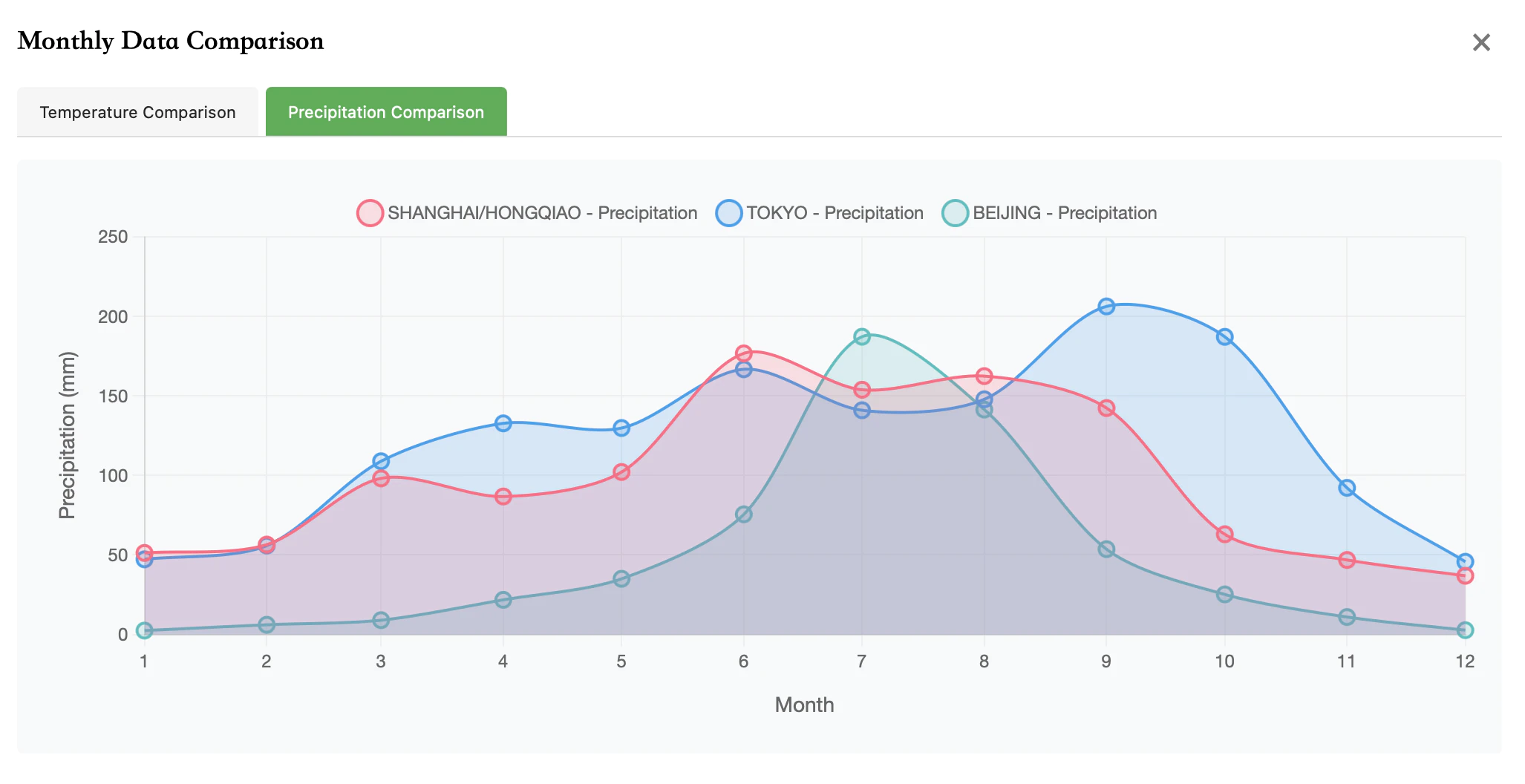


There is no built-in UV index in the original’s NOAA’s GFS data. However, Open Meteo provides UV index forecast in GFS’s data API and other weather models. That’s very interesting because it means that Open Meteo is doing some additional processing on top of the raw GFS data to derive the UV index. So I dig into it’s source code to see how they are calculating the UV index: 1 2 3 4 5 6 7 8 9 10 11 // https://github.com/open-meteo/open-meteo/blob/bf9577492dde460f9428d5d892b43bab9faa93ef/Sources/App/Gfs/GfsVariableDownloadable.swift#L473-L477 func multiplyAdd(domain: GfsDomain) -> (multiply: Float, add: Float)? { switch self { // ... case .uv_index, .uv_index_clear_sky: // UVB to etyhemally UV factor 18.9 https://link.springer.com/article/10.1039/b312985c // 0.025 m2/W to get the uv index // compared to https://www.aemet.es/es/eltiempo/prediccion/radiacionuv return (18.9 * 0.025, 0) // ... That make things simple. Just use existing GFS UVB data and apply a simple linear transformation to get the UV index.
A few days ago, I wanted to organize my resume information. Following my usual habit, I wrote it in LaTeX. However, when I wanted to publish it online to share the resume link, I needed to upload the PDF somewhere. The PDF file of the resume is a binary file, and I didn’t want to store it directly in the repository. So I decided to use GitHub Actions to automatically compile the LaTeX file and publish the generated PDF to GitHub Pages. ...

The full name of the GHCNd dataset is the Global Historical Climatology Network daily. It is a global observation dataset publicly released by NOAA, with data starting from 1763, containing daily meteorological observation data from a total of 120,000 weather stations worldwide. The monthly summary version of the GHCNd dataset is the Global Historical Climatology Network monthly. During the weekend, I performed some statistical analysis on this dataset, and I’d like to record the general processing workflow. ...

A few months ago, I wanted to map Japanese coordinate data to administrative division levels. To achieve this, I developed a reverse geocoding tool reversejp using administrative boundary data from the Japan Meteorological Agency (JMA). The core functionality is implemented in Rust, and I packaged it as a Python library using PyO3 and Maturin. Although Japan’s land area is not very large, the JMA dataset subdivides the country into over 3,000 administrative units at its finest level. Considering Japan’s total land area, this results in extremely fine-grained coverage. ...

A local debugging MongoDB proxy
A simple example of how to group world cities by timezone
Developed and released pg-tzf, a PostgreSQL extension providing microsecond-level latitude/longitude to time zone conversion, based on the Rust library tzf-rs and the pgrx framework.
A record of blog improvements, including multilingual support, SEO optimization, and a personalized logo generated by ChatGPT.
A guide to implementing short URL redirects in Hugo static sites, featuring both manual HTML redirect pages and an automated Go-based solution for generating redirect pages.
Create a file: layouts/_default/_markup/render-image.html: 1 2 3 4 5 6 <figure class="align-center "> <img loading="lazy" src="{{ .Destination | safeURL }}#center" alt="{{ .PlainText }}" > {{ with .Text }} <figcaption><p>{{ . | safeHTML }}</p></figcaption> {{ end }} </figure> Then magic happens: 1  Render as: sample